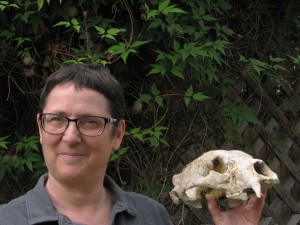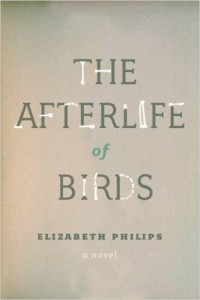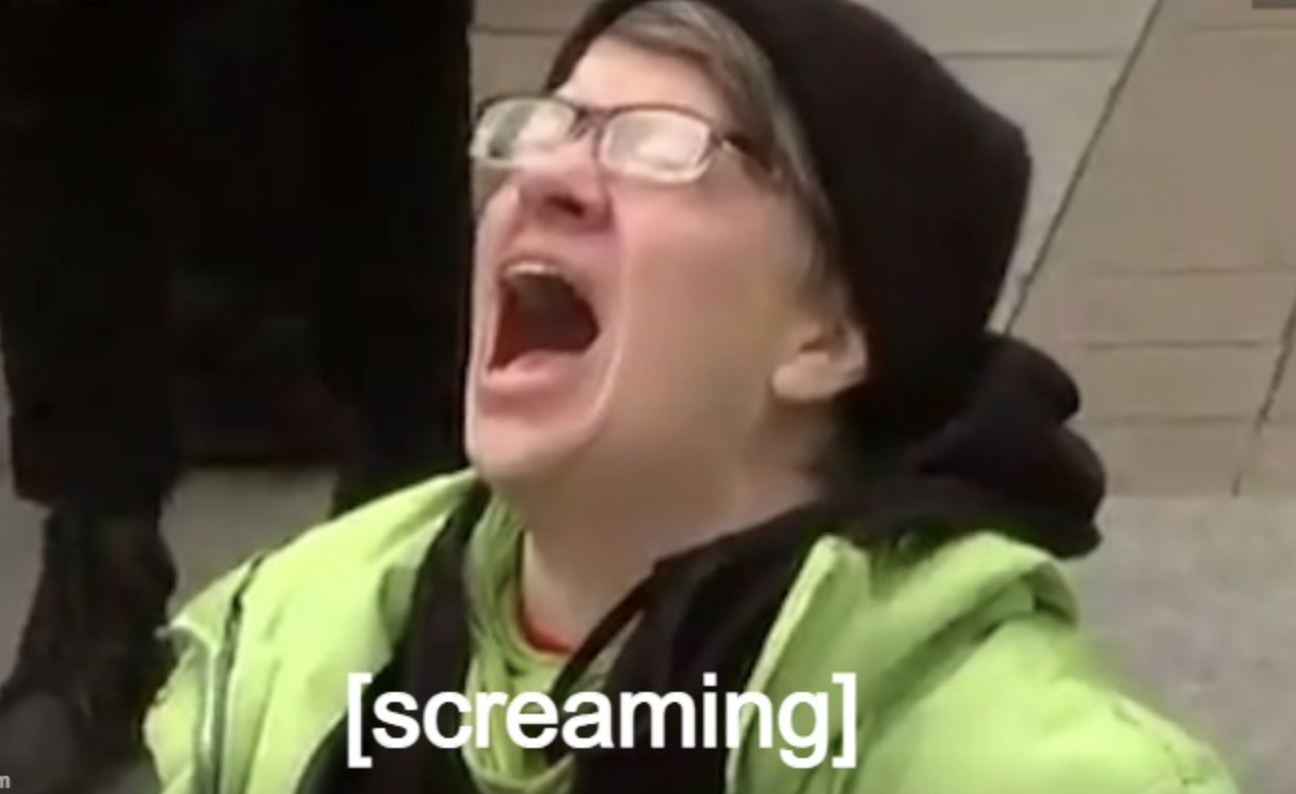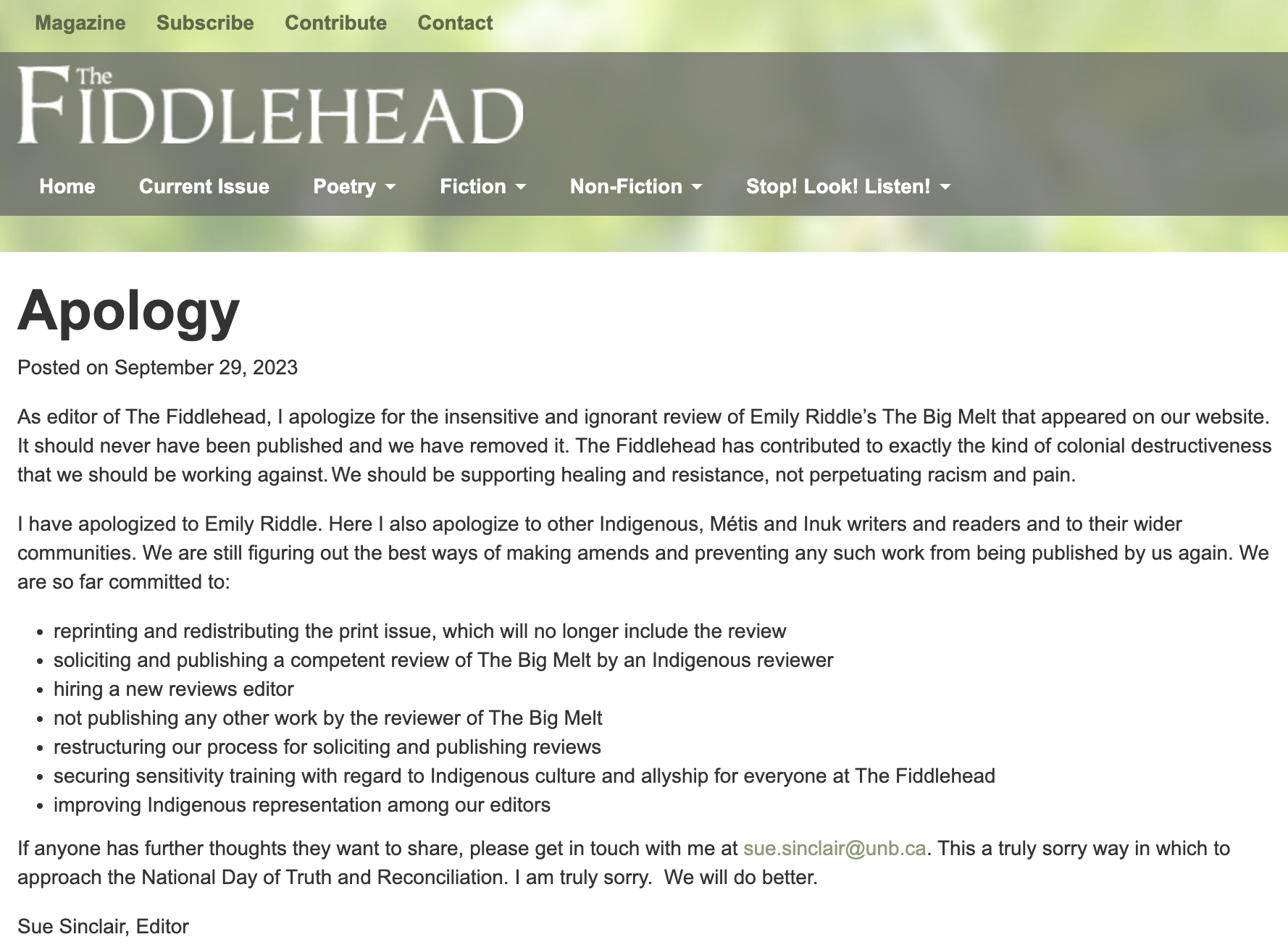 Elizabeth Philips is the author of four books of poetry, most recently, A Blue with Blood in it (Coteau Books: 2000) and Torch River (Brick Books: 2007). Among other awards, she has won two Saskatchewan Book Awards, a National Magazine Award, an Alberta Magazine Award, and Torch River was a finalist for the Lambda Book Award in the US. Her poems have been anthologized in The Best Canadian Poetry in English, 2009 and 70 Canadian Poets (Gary Geddes, editor, 2014). The Afterlife of Birds is her first novel. She lives in Saskatoon with her partner and their dogs. [Ed. note: Elizabeth was a finalist for the 2016 Amazon.ca First Novel Award.]
Elizabeth Philips is the author of four books of poetry, most recently, A Blue with Blood in it (Coteau Books: 2000) and Torch River (Brick Books: 2007). Among other awards, she has won two Saskatchewan Book Awards, a National Magazine Award, an Alberta Magazine Award, and Torch River was a finalist for the Lambda Book Award in the US. Her poems have been anthologized in The Best Canadian Poetry in English, 2009 and 70 Canadian Poets (Gary Geddes, editor, 2014). The Afterlife of Birds is her first novel. She lives in Saskatoon with her partner and their dogs. [Ed. note: Elizabeth was a finalist for the 2016 Amazon.ca First Novel Award.]
OM: Is it difficult for an editor to be edited?
EP: Actually I enjoyed the editing process for The Afterlife of Birds. I was amused, sometimes, that my editor, Barb Scott, was using similar language to get me to see what I had missed as the phrases I use to get writers I’m editing to improve dialogue or find a better word or imagine a scene more fully. Ah, I’d think, that’s how she phrases that. Being edited by a good editor makes you a better editor. I once had 28 pages of handwritten notes from Don McKay about a book of poems, and that was a watershed experience for me as a writer and editor. Because I saw how deep you could go, in terms of revision, but also as an editor trying to articulate how to improve literary work.
OM: What happens when you encounter major resistance to your suggested edits? How are these conflicts resolved? Do you use third-party arbitration? arm wrestling? five minutes in the Octagon?
EP: I have rarely encountered major resistance, but if I do I reiterate certain comments during the second round of revisions, and often at that point writers reconsider and work on the stickier problems. Ultimately, though, the writer has to live with the end product, and so it is up to him or her to make those decisions. As long as a writer is open to responding to the spirit of my suggestions, I’m happy.
OM: Has a writer ever told you her story was perfect and your comments were stupid?
EP: When I was Grain editor I had one very recalcitrant writer, a young American student of creative writing, who really didn’t want to make any changes except very minor ones. Finally I said, well, we don’t have to publish this. We can pay you a kill fee, and just not publish the piece. After that, the suggestions we were making were responded to very quickly! I want writers to push back, but if you aren’t willing to put your ego aside and concentrate on making the work better, then maybe you aren’t ready to publish in a magazine. But really, this has almost never happened, and it is only this one instance that really stands out for me.
OM: Care to wade into a generational debate? Are Millennial writers incapable of taking criticism? Are there differences in how certain generations (Boomers, Gen-X) respond to criticism?
EP: I haven’t found any difference frankly. I’ve worked with fewer young people on book manuscripts, but with this latest issue of Grain, younger writers were just as keen to improve their work as older writers.
OM: You were under considerable time pressure to edit the latest issue of Grain. What key skills were required to makes this happen? How did you motivate your team? Are you a benevolent dictator? How do you deal with procrastination and demand resistance in others?
EP: The fact that I’d edited Grain for five years meant I had an immediate understanding of the number of submissions we would require to fill the magazine, as well as the best procedure for doing so. I winnowed down the submission pile to a reasonable number so that the genre editors could spend quality time on the most likely candidates for inclusion in the magazine. Then we met and made final decisions together. Decisions are always consensual. I don’t ever want to pull rank and I never have. Working with genre editors like Dianne Warren, Marlis Wesseler, David Carpenter, Sean Virgo and Katherine Lawrence have made that easy. I respect the expertise of the genre editors, and also am realistic about what a literary magazine publishes, which is work in progress. I anticipate that many of the pieces we publish will be edited further, or rewritten, before appearing in a collection. I say everything I have to say about a given poem or story, and almost always get an improved piece back after revisions.
OM: Any general comments on the state of literary journals in Canada? Is government funding gradually disappearing? Is the death of the journal (like the death of printed books) greatly exaggerated?
EP: I am amazed at how many literary magazines are still in existence. I don’t know what circulation numbers are like these days, but I think they are pretty poor, with only a few hundred people subscribing to most magazines. They still seem to me to serve a useful purpose, as a testing ground for new work and as samplers of literary production at a given moment. I think the Canada Council still funds magazines reasonably well; without that support, there would be very few print magazines, I suspect.
OM: What’s the best way for a journal to participate in the on-line realm? A “lite” version of the print edition? Content completely different than the print version? All content from the print version provided on-line?
EP: I have no idea.
OM: Journals need funds from sales, but on-line readers demand that everything be free. Pay walls rarely seem to work. How can these conflicting forces be reconciled?
EP: Again, no clue.
 OM: You were a finalist in the 2016 Amazon.ca First Novel Award for your novel, The Afterlife of Birds. What effect has this award had on your career?
OM: You were a finalist in the 2016 Amazon.ca First Novel Award for your novel, The Afterlife of Birds. What effect has this award had on your career?
EP: Certainly it has given the novel a boost, and more people are reading it, and more people know that I am a writer. I think it’s a little too early (the prize was awarded in June) to say how it has affected my career though. As always, I have to write another book. Then we’ll see…
OM: There was a huge jump in the prize money from 2015 to 2016. Was that entirely due to the 40th anniversary of the contest? Will the prize money revert to a lower level next year?
EP: I don’t have any information about this. The boost in prize money was a surprise; rumour has it that it won’t continue at that level, but you know just as much as I do about it.
OM: As a finalist, were you subjected to a gala dinner? a big ceremony? lots of press coverage?
EP: There was a dinner for finalists one night in Toronto, and the next night there was a reading at the Four Seasons. Well, we all read for two or three minutes (yes, from a novel) and then were briefly interviewed on stage by Shelagh Rogers. There were maybe 100 – 150 people in the audience—I’m not good at estimating audience numbers. And there was an open bar and finger food, so yes, it was pretty fancy. I did a radio interview with my local CBC station, but that was about it for special coverage, other than the article that appeared in the Globe and Mail when the shortlist was announced.
OM: How does Amazon.ca promote their contest?
EP: I’m not sure, to be honest. They pushed out emails to customers about the nominated books, though how often and to how many people I don’t know, and they place full page ads in the Globe about the shortlist and then when the winner was announced.
OM: Did you ever fall into the trap of obsessively tracking the progress of your novel through Amazon Bestsellers Rank, sales figures, and self-Googling?
EP: I watched Amazon numbers in the lead up to the prize announcement, and could see that my numbers jumped whenever Amazon sent out an email about the finalists, but that only lasted a couple of weeks. I don’t look at goodreads and for the most part try to have a Teflon surface about the business side of writing, because otherwise I’d want to jump off a bridge.
OM: How do you promote your work? What has been your most successful tactic?
EP: I made a website when my novel came out, which I hardly touch, and I post readings or other events on facebook. I went on a 9 stop book tour with the novel. With my most recent poetry collection, I did the same. That’s it. I feel that my job is to write well, and like most writers, I have a bit of an allergy to self-promotion.
OM: What are you working on now?
EP: A new novel.
OM: If your novel became an international best seller, and your publisher were pressuring you to write a sequel along the same lines, would you comply?
EP: No.
OM: If I were a finalist for a major award, I would announce that on my website in 72 point font within minutes of hearing the good news. On your website…nothing. Are you slow to update your site or just a little too modest?
EP: I find that facebook gets more traffic, and I’m lazy about the website. I’ve gone to it with the intention of putting the prize nomination on there, but then didn’t. I still think I should. Maybe I will…. 18.
OM: What did you do with the money?
EP: Groceries, vet bills, house maintenance, etc.




Leave A Comment